Publications
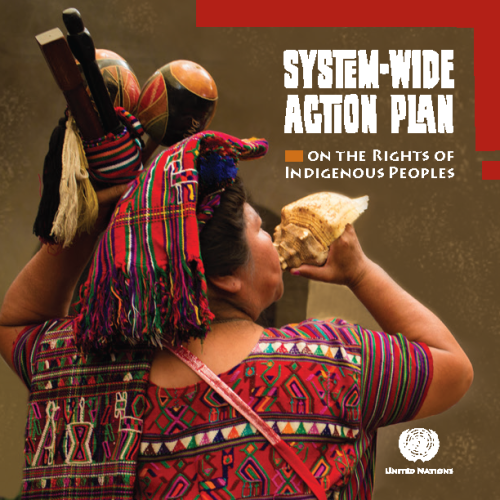
This action plan builds on the momentum and spirit of the 2014 World Conference on Indigenous Peoples and to this end will promote partnership and collaboration between the UN system, civil society organizations, and multilateral bodies such as regional development banks and human rights special procedures and commissions.
This system wide action plan will contribute to the fit for purpose agenda by ensuring stronger linkages between the normative and operational work of the United Nations, increasing coordination and coherence in addressing the rights of indigenous peoples. It calls for strengthened United Nations senior level engagement, encouraging work with Member…
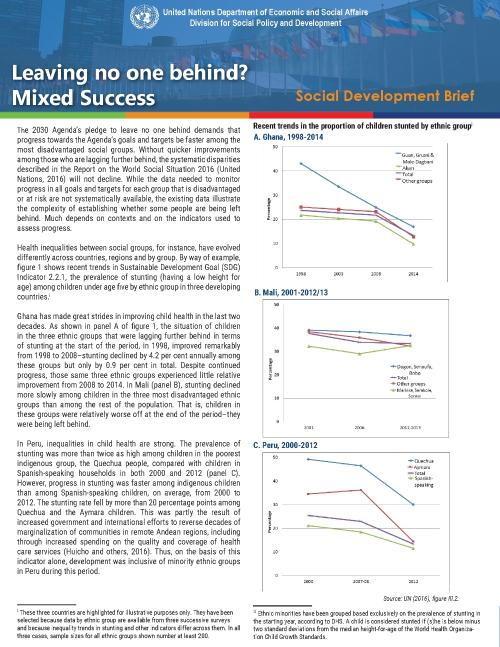
The 2030 Agenda’s pledge to leave no one behind demands that progress towards the Agenda’s goals and targets be faster among the most disadvantaged social groups. Without quicker improvements among those who are lagging further behind, the systematic disparities described in the Report on the World Social Situation 2016 (United Nations, 2016) will not decline. While the data needed to monitor progress in all goals and targets for each group that is disadvantaged or at risk are not systematically available, the existing data illustrate the complexity of establishing whether some people are being left behind. Much depends on contexts and on the indicators used…

In Africa, as in other regions, persons with disabilities are disproportionately likely to live in poverty and, too often, lack access to education, health care, employment opportunities, housing, social protection systems, justice, cultural expression and participation in political life. The ability of persons with disabilities to participate in society is often frustrated because physical environments, transportation and information and communications systems are not accessible.
In this context, a Toolkit on Disability for Africa has been developed by the United Nations Department of Economic and Social Affairs (UNDESA), Division for Social Policy and Development (DSPD). It is…
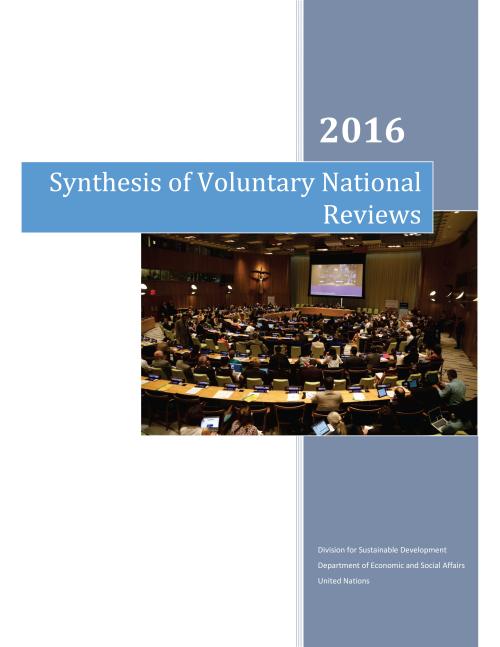
The 2016 meeting of the High-Level Political Forum (HLPF) took place from 11 to 20 July 2016 at the United Nations Headquarters in New York. Twenty-two countries presented voluntary national reviews (VNRs) of the implementation of the 2030 Agenda, and particularly the sustainable development goals (SDGs), over a day and a half during the Ministerial Segment of the HLPF under the auspices of the Economic and Social Council (ECOSOC). This report synthesizes some of the findings of the VNRs, drawing primarily from the written reports and executive summaries of the majority of countries. It uses a theme based analysis drawn largely from the voluntary common guidelines contained in the Annex…
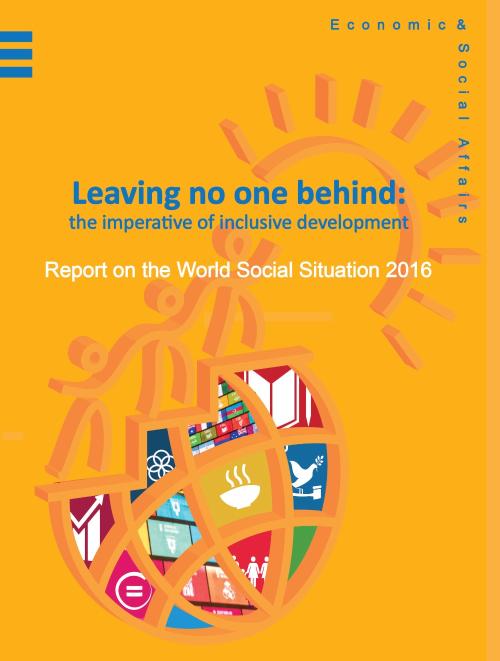
Despite unprecedented social progress around the world, many people continue to face social exclusion and limited access to social, economic and political opportunities, warns a new United Nations report. The 2016 Report on the World Social Situation, entitled Leaving No One Behind – The Imperative of Inclusive Development, released today by UN DESA, examines the social, economic and political disadvantages that some groups of the population face, namely youth, older persons, ethnic minorities, indigenous peoples, migrants and persons with disabilities.
It also makes policy recommendations to help governments overcome development hurdles and address barriers that limit people’s…
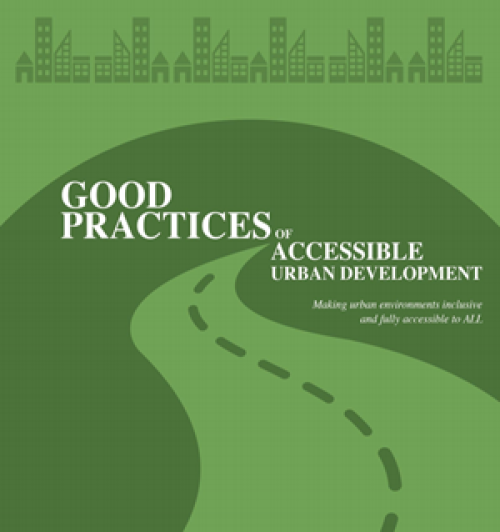
By 2050, it is expected that about 6.25 billion people, 15 per cent of whom are persons with disabilities, will be living in urban centres. Urbanization has the potential to be an engineer for achieving sustainable and inclusive development for all. This new publication on “Good Practices of Accessible Urban Development” illustrates and encourages more initiatives and concrete actions from both developing and developed countries in advancing urban development to be accessible and inclusive to all, including persons with disabilities and other special needs.
Highlighting key experiences and lessons learned from 24 case studies, the publication contributes to the ongoing discourse…
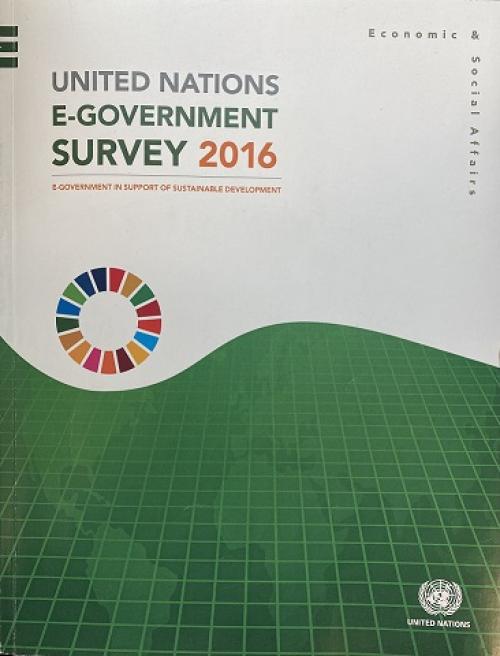
The United Kingdom, followed by Australia and the Republic of Korea, lead the world in providing government services and information through the Internet, e-government, according to a new survey released today by the United Nations showing the progress of nations in promoting e-government.
The 2016 UN E-Government Survey provides new evidence that e-government has the potential to help support the implementation of the 2030 Agenda and its 17 sustainable development goals (SDGs).
The Survey found that United Kingdom has pursued continued development on e-government innovation, and its Government Digital Service has been replicated by other countries around the…
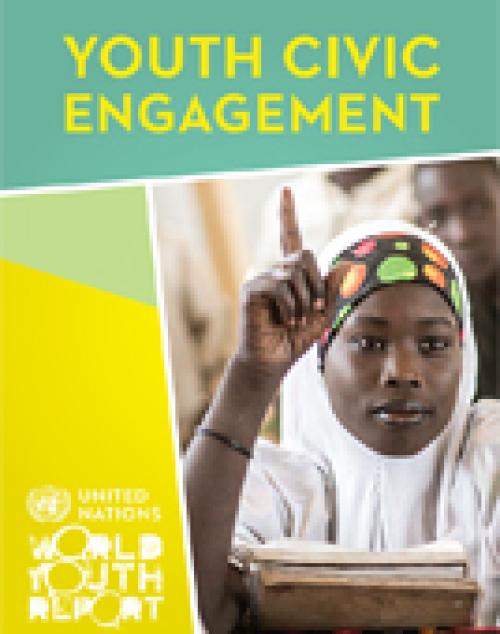
The responsibility for finding solutions to the problems affecting young people – such as unemployment, low representation in political processes, and social exclusion – lies largely with Governments, according to a United Nations report on youth engagement released today.
The World Youth Report on Youth Civic Engagement, compiled by the UN Department of Economic and Social Affairs (DESA), explores young people’s participation in economic, political and community life, and is intended to serve as an impetus and tool for policy discussion between youth and government.
On economic engagement, the report notes that unemployment affects more than 73 million young people…
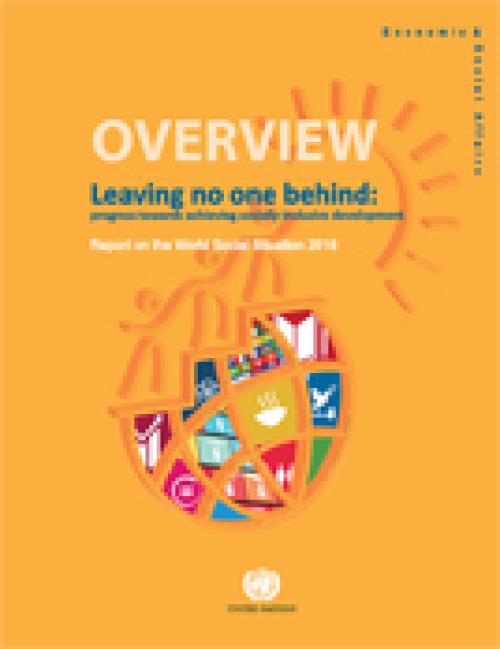
In adopting the 2030 Agenda for Sustainable Development, world leaders committed themselves to leaving no one behind in pursuit of the eradication of extreme poverty and protection of the planet. Through concerted efforts galvanized by the MDGs, the world has made progress in reducing poverty, but social exclusion persists in both developed and developing countries. At the same time, some countries have been able to effectively promote inclusion even at low levels of income and development.
This volume of the Report on the World Social Situation (RWSS) will focus on social inclusion. In particular, it will examine patterns of social exclusion and will assess whether growth…
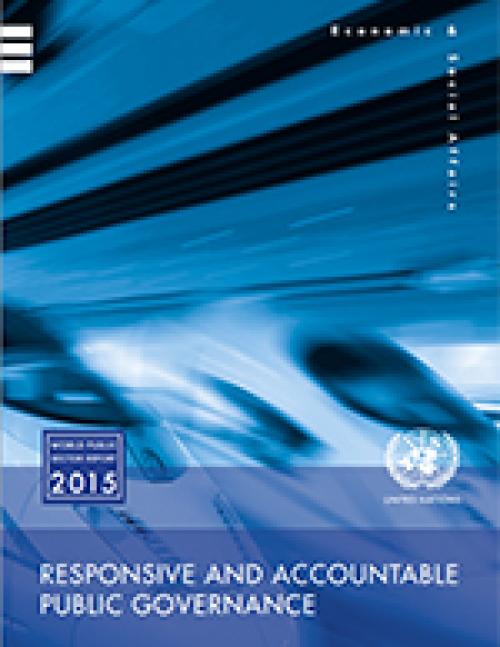
The 2015 World Public Sector Report (WPSR) published, titled Responsive and Accountable Public Governance, analyses the most salient features of public governance for enabling inclusive economic growth, social justice and environmental sustainability.
Heads of state and government have adopted a new development agenda to guide sustainable development efforts for the next 15 years. Member States will have the responsibility of turning this collective vision of sustainable development into reality for their citizens. These aspirations will not be realized without a transformation of public governance to support integration among different levels, spheres and sectors. Policies,…
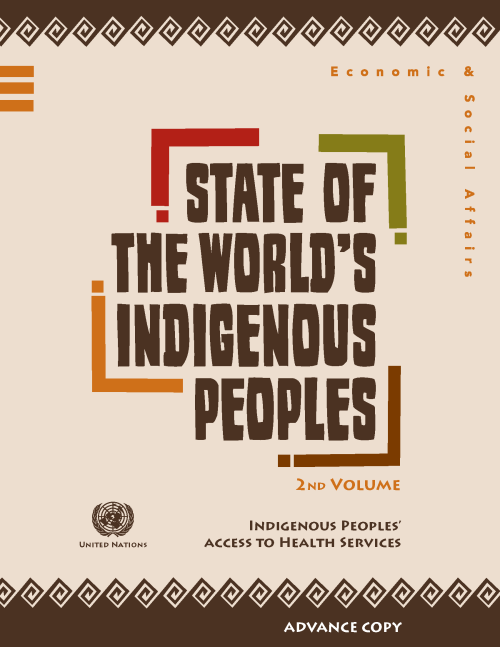
This publication sets out to examine the major challenges for indigenous peoples to obtain adequate access to and utilization of quality health care services. It provides an important background to many of the health issues that indigenous peoples are currently facing. Improving indigenous peoples’ health remains a critical challenge for indigenous peoples, States and the United Nations.
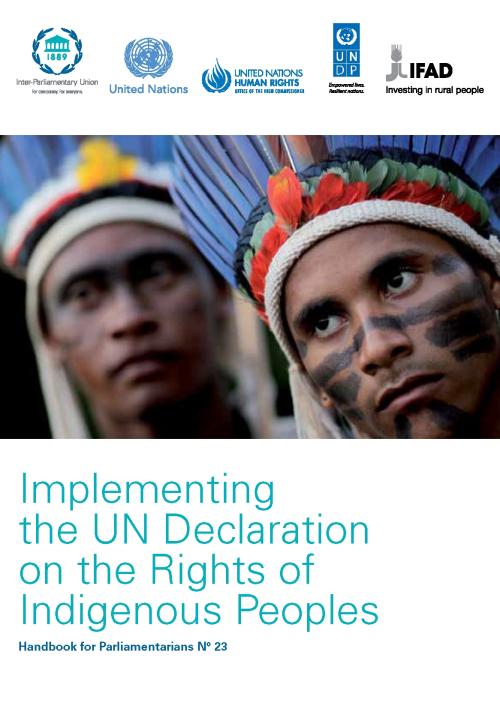
Parliaments play a central role in enacting legislation that recognizes indigenous peoples’ rights and adopting budgetary measures to implement those rights, both of which are critical enablers to drive the implementation of the UN Declaration at the national level. This handbook aims to be a practical instrument to enable parliamentarians around the world to understand indigenous peoples’ rights better and to provide practical ideas for the implementation of the UN Declaration on the Rights of Indigenous Peoples which defines the minimum standards necessary for the survival, dignity and well-being of indigenous peoples of the world.
The handbook presents good practices in…
 Welcome to the United Nations
Welcome to the United Nations